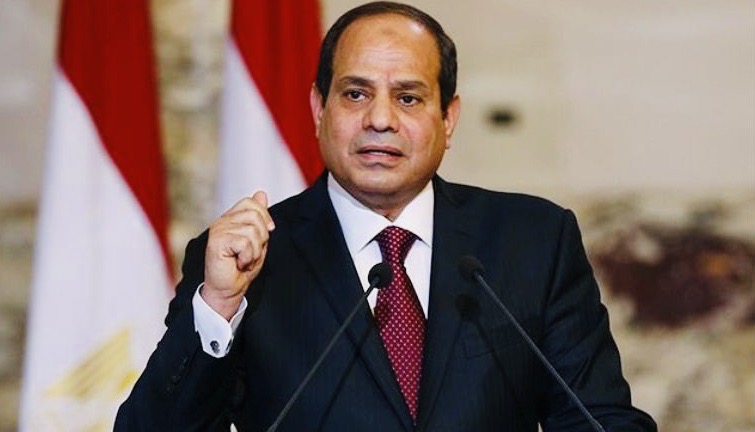Thanks to a recent agreement between the United States and Egypt, humanitarian aid has begun flowing into the Gaza Strip via Israel’s Kerem Shalom border crossing, albeit it on a far lower scale. This assistance had been channelled through the adjacent Rafah crossing prior to Israel’s invasion of Rafah and its takeover of the crossing there.
The upshot of it all is that Israel’s incursion into Rafah has soured its bilateral relations with Egypt, the first Arab country to recognize Israel and sign a peace treaty with it.
The situation grew more complicated on May 27, when an Egyptian soldier was killed in a clash with Israeli soldiers near the Rafah crossing. That yet-to-be-explained incident, plus an Israeli air strike that accidentally killed about 45 displaced Palestinian civilians in Rafah the day before, further strained Israel’s ties with Egypt.
Egypt had warned Israel to stay out of Rafah, implying that their 1979 peace treaty could be damaged by an Israeli invasion. Ignoring Egypt’s demand, Israel pressed ahead on the grounds that it cannot achieve a victory over Hamas unless it destroys Hamas’ military infrastructure in Rafah and the network of tunnels along the length of the Philadelphi corridor, which demarcates Egypt’s border with Gaza.
Once Israel’s invasion was under way, Egyptian intelligence officials indignantly claimed that Israel had given Egypt only scant notice of its intentions, a claim that does not stand up to scrutiny.
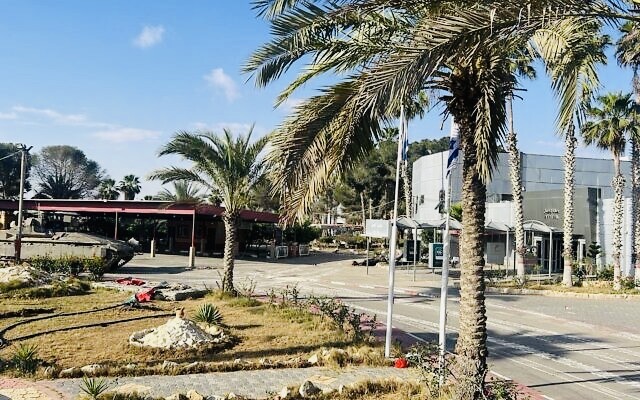
Before Israel moved into Rafah, Israel and Egypt had been working cooperatively to ensure that humanitarian aid flowed through the Rafah crossing to Palestinian civilians in Gaza. But after Israeli troops seized it on May 7, the Egyptian government closed its side of it and announced that it would remain shut as long as Israel controlled the Rafah crossing.
Egypt says it will only reopen it if it comes under Palestinian control again. Until October 7, Hamas had been in charge of it on the Palestinian side.
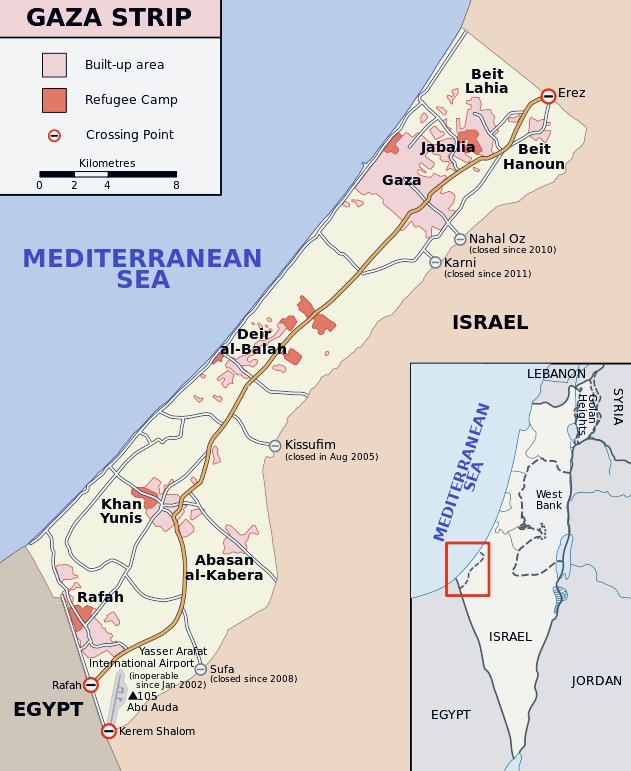
To make matters worse, Egypt has let it be known that it will join South Africa in a problematic case before the International Court of Justice claiming that Israel has committed genocide in Gaza.
The long and short of it is that the Israel-Hamas war has dented Israel’s pivotal relationship with Egypt, which has been ruled by President Abdel Fattah el-Sissi ever since he toppled his Muslim Brotherhood predecessor, Mohammed Morsi, in a coup in 2013.
Sissi’s forces killed thousands of Morsi’s supporters in indiscriminate shootings and banned the Muslim Brotherhood, which has had close relations with Hamas.
The Egyptians proceeded to destroy many Hamas smuggling tunnels leading from the Sinai Peninsula to Gaza, but they apparently did not finish the job. By all accounts, Egypt allowed weapons and funds to flow into Gaza. A senior Hamas official, Moussa Abu Marzouk, disclosed in 2013 that Omar Suleiman, the former director of the Egyptian intelligence service, looked the other way while Hamas dug tunnels on Egypt’s border.
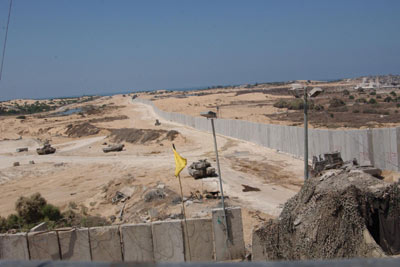
Since entering Rafah, Israel has reportedly discovered a multitude of tunnels under the Philadelphi corridor, which is supposed to be a demilitarized zone. Israel appears determined to maintain control of it, Egypt’s objections notwithstanding.
From the outset, Egypt has opposed the Israel-Hamas war and has repeatedly called for an immediate ceasefire. Egypt, in tandem with Qatar, has played a central mediation role in talks to free Israeli and foreign hostages held by Hamas and other armed groups in Gaza.
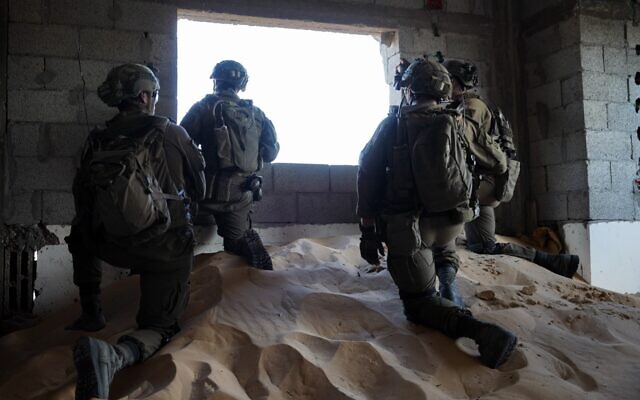
Egypt fears that an influx of Palestinians into the Sinai Peninsula could be destabilizing, but Israel, in accordance with U.S. wishes, has so far managed to evacuate more than one million displaced persons from Rafah.
Whatever happens in Rafah, there can be no doubt that the war has seriously damaged Egypt’s economy, which already had been in the doldrums.
Due to attacks by Yemen’s Houthis on cargo vessels passing through the Gulf of Aden and the Red Sea, international shipping through the Suez Canal has dropped by about 50 percent, a staggering blow to Egypt.
The Houthis have said they will stop attacking ships only after Israel agrees to a long-term truce in Gaza.
Tourism, which accounts for almost 10 percent of Egypt’s gross domestic product, has been in a sharp decline for the past seven months.
Despite the current bout of Israel-Egypt tensions, the Egyptian government has not recalled its ambassador in Tel Aviv. On several occasions in the past, such as during Israel’s 1982 invasion of Lebanon and the eruption of the second Palestinian uprising in 2000, the Egyptian envoy has been called back to Cairo for consultations.
Nor is Egypt contemplating the possibility of abrogating its seminal peace treaty with Israel. As Egyptian Foreign Minister Sameh Shoukry said recently, “The peace agreement with Israel has been Egypt’s strategic choice. It represents a main pillar of peace in the region to achieve peace and stability.”
Sissi, in the meantime, is hopeful that the war will blow over soon. At an Arab League summit recently, he said, “Despite the current gloomy picture, Egypt still clings to the hope that the voices of reason, justice and truth will ultimately prevail, saving the region from endless waves of wars and bloodshed.”
Sissi may be a tad too optimistic, but it is probably fair to say that Israel’s bilateral relations with Egypt will remain tense and on edge so long as the war continues.
